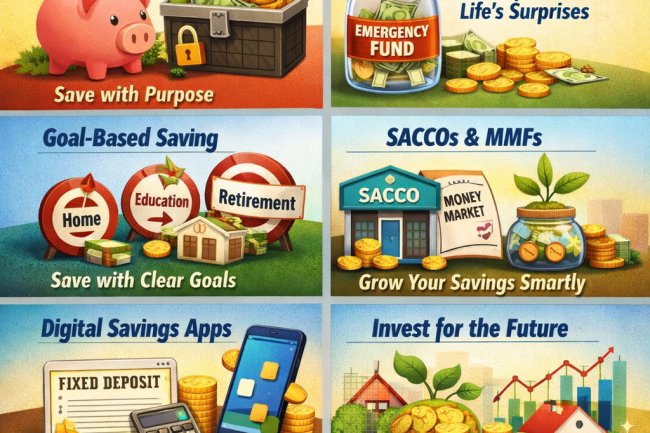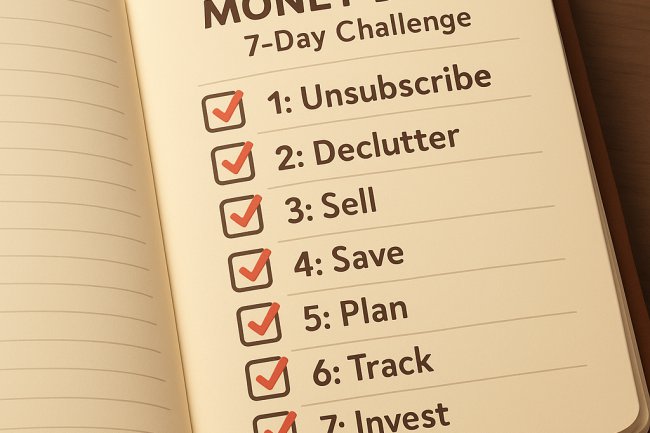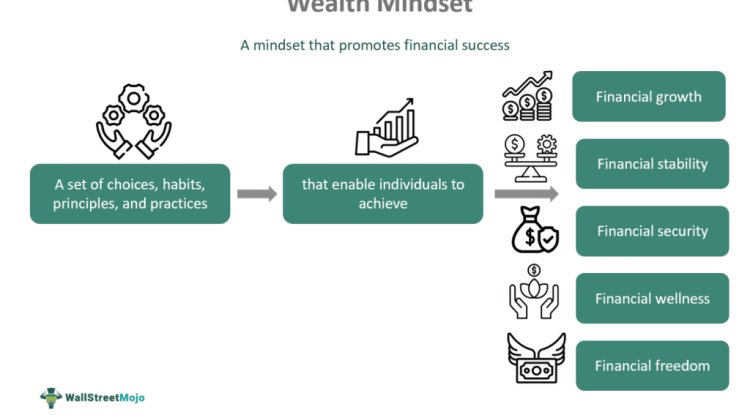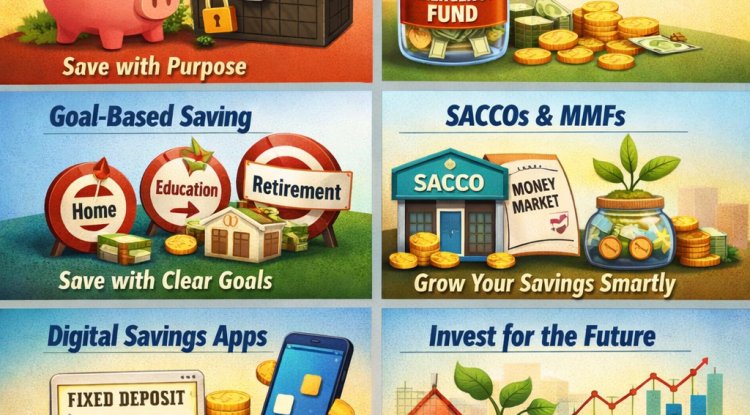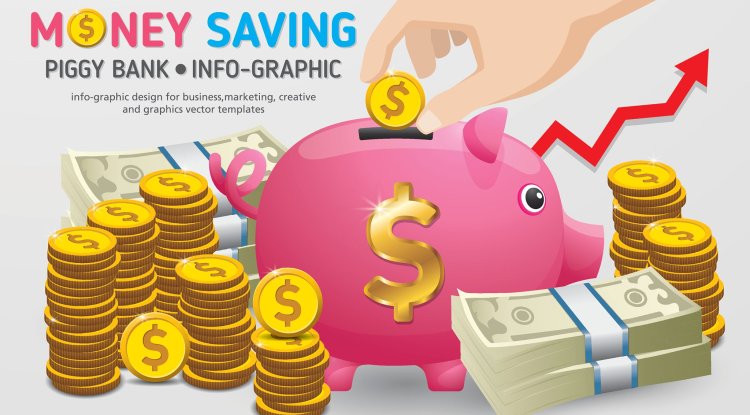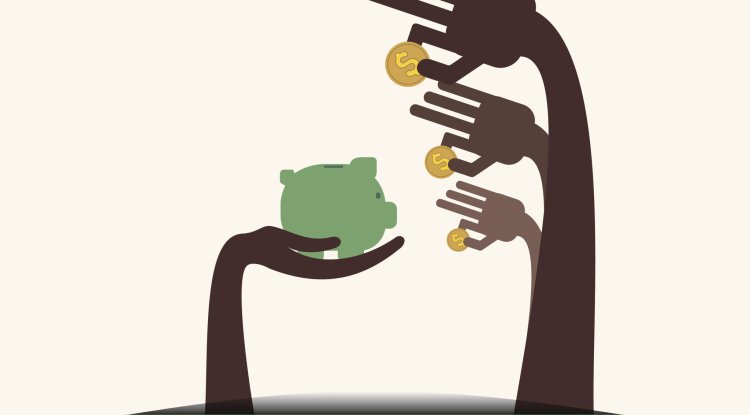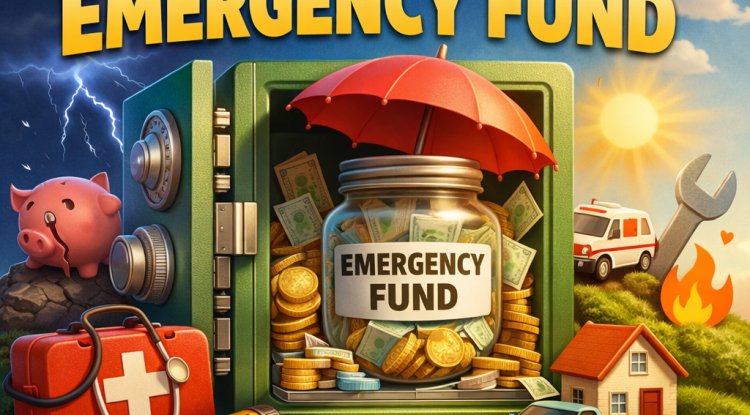Why Budgeting Is Essential for Personal Financial Success
Learn why budgeting is a key pillar in achieving personal financial success. Discover the benefits, tips, and long-term value of building a solid budget today.

Budgeting isn’t just about numbers on a spreadsheet—it’s about control, clarity, and freedom. In today’s fast-paced financial world, understanding where your money goes is one of the most powerful habits you can adopt. A solid budget doesn’t restrict your spending—it empowers you to spend wisely, save intentionally, and invest in what truly matters.
In this article, we explore why budgeting is not only important—but essential—for personal financial success.
1️⃣ Gain Full Control of Your Money
Without a budget, your finances are like a car without a steering wheel—you’re moving but not in control. Budgeting puts you in the driver’s seat.
-
It tracks where your money is going.
-
Helps you cut unnecessary expenses.
-
Prevents that dreaded end-of-the-month “where did my money go?” feeling.
A well-planned budget ensures you live within your means and avoid unnecessary debt traps.
2️⃣ Reach Your Financial Goals Faster
Want to buy a home? Save for retirement? Start a business? These are long-term goals that require consistent financial discipline—and that’s where budgeting shines.
When you create a monthly budget:
-
You can allocate funds toward specific goals.
-
You’ll be able to measure your progress.
-
You reduce the risk of lifestyle inflation eating up your income.
Budgeting helps turn dreams into plans—and plans into reality.
3️⃣ Build an Emergency Fund for Peace of Mind
Life is full of surprises. Medical emergencies, job loss, or car repairs can hit hard when you’re unprepared.
A budget allows you to:
-
Set aside a portion of your income regularly.
-
Build a financial cushion for unexpected events.
-
Avoid taking on high-interest loans in emergencies.
According to studies, nearly 60% of people don’t have $500 saved for an emergency. Budgeting helps you break that statistic.
4️⃣ Break Free from the Debt Cycle
Budgeting is your best tool for managing and eliminating debt.
Here’s how:
-
You’ll know how much to allocate toward loan repayment.
-
You’ll avoid overspending with credit.
-
You’ll create space for savings, reducing the need for borrowing in the future.
Over time, this allows you to reduce interest payments and free up cash for investment and growth.
5️⃣ Improve Your Spending Habits
Do you often wonder where your money went at the end of the month? A budget reveals patterns.
With regular tracking:
-
You’ll spot impulsive or emotional spending.
-
You’ll identify subscriptions or expenses you don’t need.
-
You can redirect that money toward more meaningful goals.
This awareness leads to intentional spending, a key principle of financial mastery.
6️⃣ Strengthen Your Relationship with Money
Budgeting doesn’t just improve your bank balance—it improves your mindset.
You’ll start to:
-
View money as a tool, not a stressor.
-
Celebrate small wins (like sticking to your budget or hitting savings targets).
-
Build financial confidence.
This psychological shift often results in better decision-making across all areas of life.
7️⃣ Make Room for Investing & Building Wealth
Once you’ve covered your basic needs, cleared debts, and built savings, budgeting allows you to create investment space.
You can:
-
Start investing in stocks, real estate, or money market funds.
-
Diversify your income streams.
-
Grow long-term wealth for retirement or generational impact.
Remember, wealth is not built by income alone—it’s built by smart allocation.
Tips to Start Budgeting Today
Here are simple steps to start your budgeting journey:
-
Calculate your income (from salary, business, freelance, etc.)
-
List all your monthly expenses (fixed + variable)
-
Set financial goals (short-term and long-term)
-
Use a budgeting method (50/30/20 rule, envelope method, or digital apps)
-
Track and review your budget every month
There’s no one-size-fits-all budget—but consistency is key.
Final Thoughts
Budgeting is not just a tool—it’s a lifestyle. When you learn to tell your money where to go instead of wondering where it went, you step into a place of empowerment, freedom, and control.
No matter your income level or financial background, you can master budgeting and start building the future you desire.
“A budget is telling your money where to go instead of wondering where it went.” – John C. Maxwell
Ready to take charge of your finances?
Download our free monthly budgeting template
Follow @WealthInsightsGlobal for daily financial tips
Subscribe to our blog at www.wealthinsights.co.ke
What's Your Reaction?







